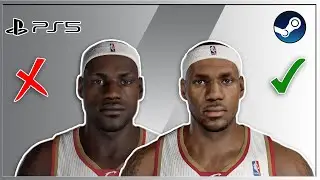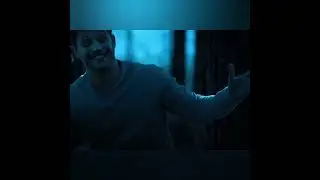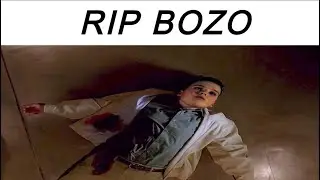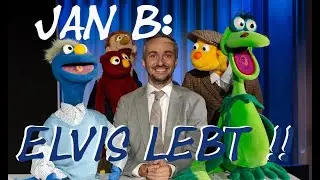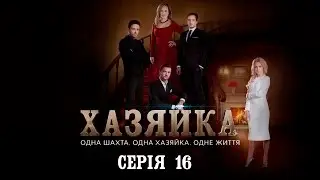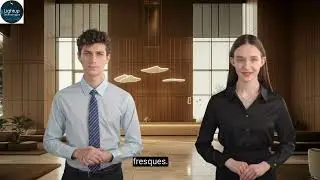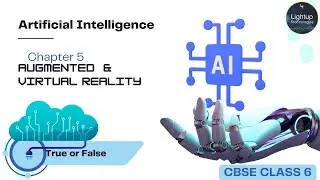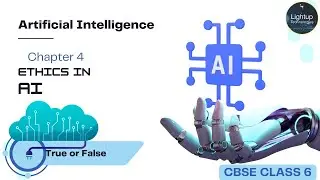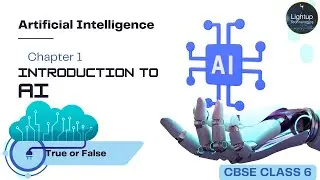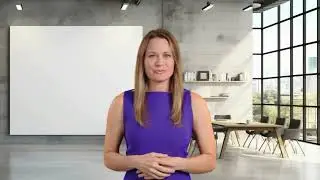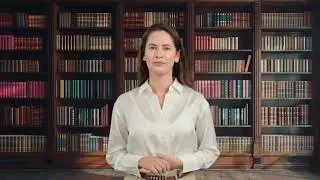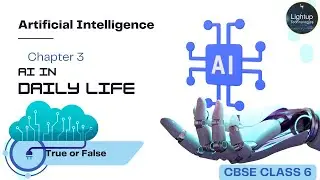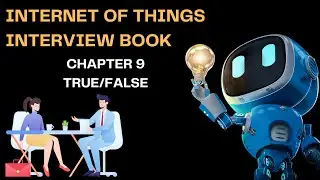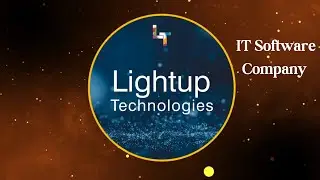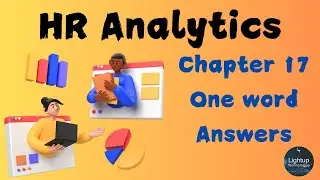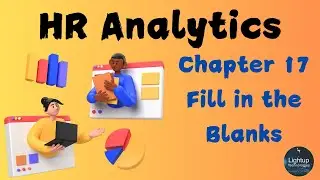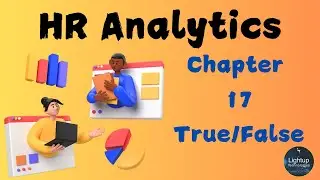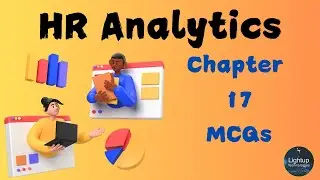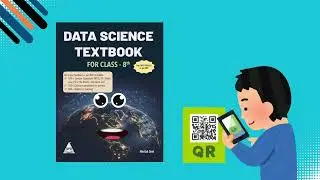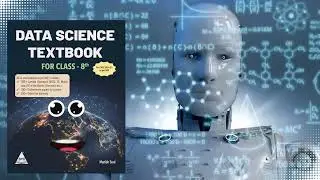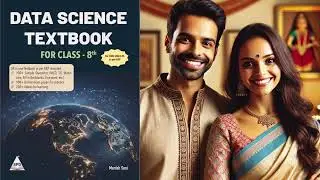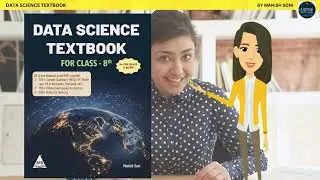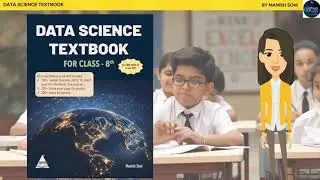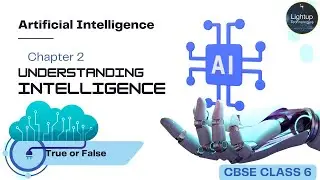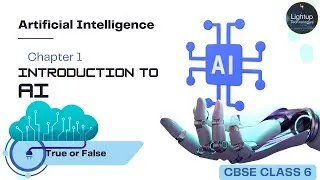R Programming Insights Interview Questions and Answers Chapter 3 Video.
In this comprehensive video titled "R Programming Insights: Interview Questions and Answers for Chapter 3," we delve into one of the most critical aspects of R programming—control statements, loops, and functions. Chapter 3 serves as a cornerstone for anyone serious about mastering R, as it covers the mechanisms that allow programmers to control the flow of their scripts, perform repetitive tasks efficiently, and modularize their code for better readability and reusability. Whether you're preparing for a technical interview or looking to solidify your understanding of these fundamental concepts, this video will provide you with the insights and knowledge needed to excel.
Control statements are the building blocks of decision-making in R. They allow you to dictate the flow of your program based on specific conditions. This video begins with an exploration of the various control statements available in R, including if, else, and switch. Understanding how to use these statements effectively is crucial for writing dynamic and responsive code. We'll explore scenarios where each control statement is applicable, illustrating how they can be used to make decisions within your scripts. This foundational knowledge is often tested in interviews, as it demonstrates your ability to handle real-world problems that require conditional logic.
Loops are another vital topic covered in this chapter. Loops enable you to automate repetitive tasks, making your code more efficient and reducing the likelihood of errors. In this video, we will discuss the different types of loops in R, including for loops, while loops, and repeat loops. Each type of loop serves a specific purpose, and understanding when and how to use them is essential for effective programming. We'll provide examples of how loops can be applied to common data analysis tasks, such as iterating over data frames, processing lists, and performing cumulative calculations. This section will not only help you master the concept of loops but also prepare you to answer related questions during technical interviews.
Functions are arguably the most powerful tool in a programmer's arsenal, allowing you to encapsulate logic into reusable blocks of code. In this video, we'll take an in-depth look at functions in R, covering everything from creating simple functions to more advanced topics like argument matching, default values, and lazy evaluation. Writing functions is a skill that can significantly enhance the modularity and readability of your code. We'll demonstrate how to write functions that are both efficient and flexible, catering to different input types and handling potential errors gracefully. Mastery of functions is a key competency in programming, and being able to discuss their implementation and usage in an interview setting can set you apart from other candidates.
The video will also address the concept of variable scope within functions, an important topic that often confuses beginners. Understanding the difference between global and local variables is crucial for writing functions that behave as expected. We'll explain how R handles variable scope and provide examples that clarify this concept. Additionally, we'll touch on the topic of recursion, a more advanced feature of functions, and show how it can be used to solve problems that require repetitive processing, such as traversing data structures.
Throughout the video, we’ll include a series of interview-style questions and answers that cover the key topics discussed. These questions are designed to test both your theoretical knowledge and practical skills, helping you to prepare for the types of questions you might encounter in a technical interview. By watching this video, you'll gain a better understanding of what interviewers are looking for and how to present your knowledge in a clear and confident manner.
One of the highlights of this video is the focus on real-world applications of control statements, loops, and functions. Rather than just discussing these concepts in isolation, we'll show you how they come together in practical coding scenarios. For example, you'll learn how to write a function that processes a dataset by applying a loop with conditional logic, demonstrating the seamless integration of these concepts. This approach not only reinforces your understanding but also provides you with examples that you can reference during interviews.
Additionally, we'll explore the common pitfalls and challenges associated with control statements, loops, and functions in R. Whether it's handling edge cases in conditional logic, avoiding infinite loops, or debugging complex functions, this video will equip you with the knowledge to navigate these challenges effectively. Being aware of these potential issues and knowing how to address them can make a significant difference in your programming practice and interview performance.
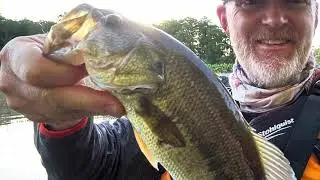
![Complete online adult ballet center [30 minutes]](https://images.videosashka.com/watch/IgZEpRMQ-cE)
